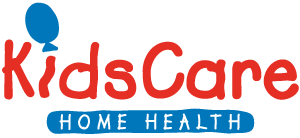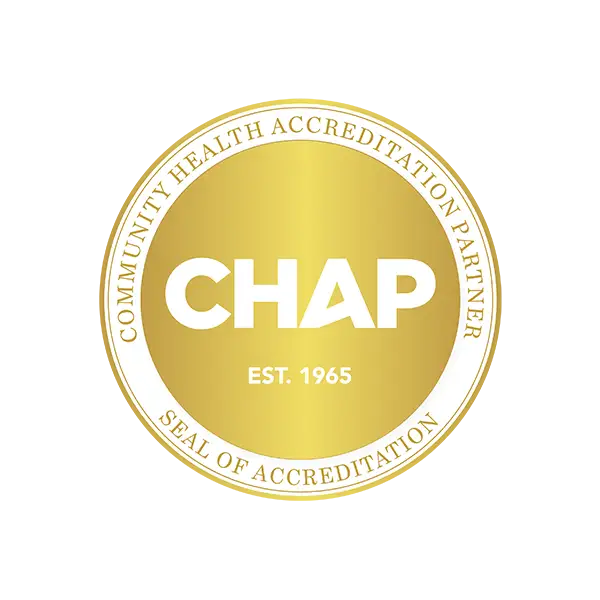
By Tina, Lead SLP
KidsCare Home Health, Pediatric Therapy
There are so many supervision models and ways to be effective with your supervision, but let’s focus on three important ideas: making a plan, organizing your plan, and communicating that plan.
MAKE A PLAN
Supervising while carrying a full-time caseload can be challenging. You may ask yourself, how do I schedule everything in one week? Planning ahead is crucial to effective supervision. First, pull out your planner and make a weekly or monthly plan. Planning your observation visits ahead of time will make your life easier. SLPs have to supervise an assistant for a total of 8 hours per month-4 direct and 4 indirect. The direct supervision is what needs to be planned into your calendar, especially if you are supervising multiple assistants. There may be certain days that you leave open for supervision days, or you may try to plug in those visits in between your own therapy visits. Whichever way works best for you is fine, just be a planner!
ORGANIZE THE PLAN
Organization is another key element in being an effective supervisor. If you supervise multiple people, it is important to have their daily/weekly schedules ahead of time so you can look at your openings and see what fits in your schedule. Ways to organize can include color coding for each assistant and keeping a daily log of those direct visits. But what about evaluations? Conducting those initial and re-evaluations is an essential part of being a supervisor, so being organized is imperative to getting all the work done! It will help to look at the month ahead and see what initials and recerts need to be completed to ensure timelines are met.
COMMUNICATE THE PLAN
All of these steps are important, but the most important part of being a supervisor is communication! Just like the phrase goes: Communication is key. Regardless if you have one assistant or four, communicating is so important to ensure that your supervision is effective and meets their needs. Make sure the assistant knows your expectations ahead of time like when you want to observe them, timely submission of notes, etc. They will not know what you need from them as a supervisor if there is a lack of communication. This also applies to giving feedback regarding their therapy. Don’t be afraid to give constructive feedback on their therapy sessions. Discussing other therapy strategies and techniques is extremely helpful in maximizing patient progress. It is also important to remember that communication should be open both ways. Supervisees should feel comfortable communicating any issues or concerns they may have with their supervisor. Remember not only to communicate but to listen!
Supervising an assistant can definitely be time consuming but there are always ways to make it a fun learning experience! Hopefully this plan will help you as you start the supervision process.















